The first thing an LGBTQ+ individual may lose after coming out of the closet is their family. As soon as they step out of the dark confines of the closet, they risk losing the comforts and security of their biological family. Some are lucky enough to have a welcoming, open-minded family, but the stories we often hear are not about kindness and acceptance. Within the family, the presence of an LGBTQ+ kid may result in verbal and physical abuse. This rejection may lead to homelessness, mental health issues, and even suicide.
But if queer kids can’t find acceptance from their kin, they can always find it through the LGBTQ+ community and their allies. This is what we witnessed at this year’s Pride March.
Read more: FYI: Straight allies are guests at Pride. Be a good one with these guidelines
From 5,000 in 2017 to 25,000 last year, the number of attendees have increased exponentially to 70,000 participants, making Metro Manila Pride the biggest in Southeast Asia. And even if it only lasted half a day, it offered a safe space where love and diversity thrived. Here, at least for a fleeting moment, queer kids experienced the power of a mom or dad hug.
“It’s so overwhelming, the power of a hug,” Regina Layug Rosero says. In a yellow jacket and a rainbow tee underneath, Regina held a “Free Mom Hugs” sign with a rainbow heart in the middle. And she didn’t do it alone—she was with her husband and her two-year-old son.
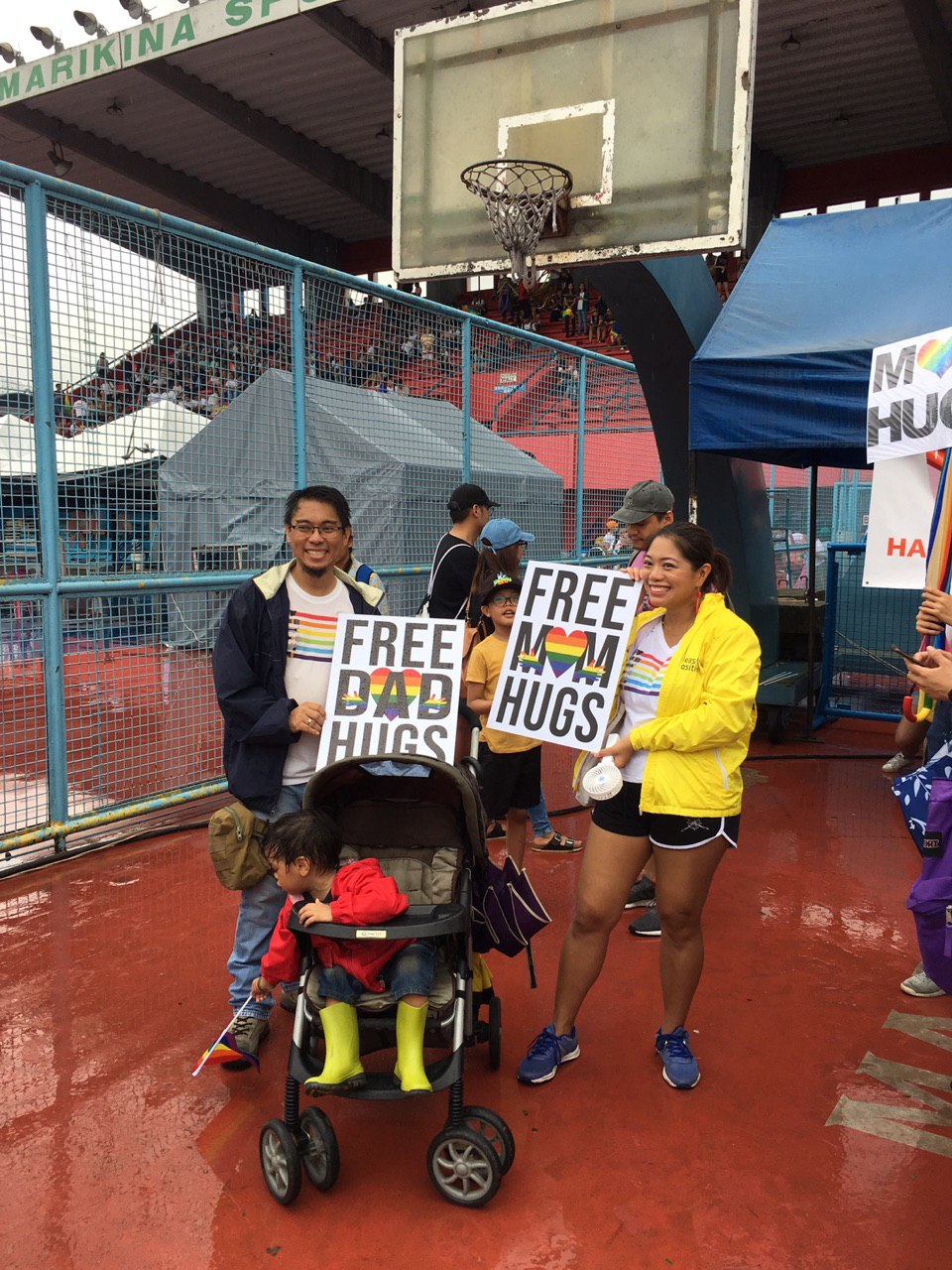
Regina Layug Rosero with her husband and child.
This was Regina’s second time to attend Pride and her first to give out hugs. Admittedly someone with “pusong mamon,” the idea of giving mom and dad hugs is something she saw on Facebook. “As soon as I saw it, I knew it was something I wanted to do,” she says.
“I know there are abusive and hurtful families, and I don’t understand how you can be mean-spirited to your own flesh and blood,” she says. “LGBT, especially youth and children, need love and support. I can’t imagine how starved they must be for love and affection.”
Regina works as an editor for a lifestyle website. Writing is one way to express her support for the LGBTQ+ community, but giving out hugs proved to be a powerful action with immediate effects.
Read more: This ‘Queer Eye’ episode teaches us that we can choose our family
Tiffany Field, director of the Touch Research Institute at the University of Miami School of Medicine, calls touch “the most profound language we learn.” She explains that touch can relax the nervous system.
In a The New York Times article, psychotherapist Hilary Jacobs Hendel recalls how a simple motherly hug saved her patient from depression. “Hugs and other forms of nonsexual physical soothing, like hand-holding and head stroking, intervene at the physical level to help the brain and the body calm down from overwhelming states of anxiety, panic, and shame,” she writes.
I saw Regina’s family by the tennis courts, while most of the crowd flocked in front of the stage. At first, I was a little shy to approach Regina with open arms, so I just took a portrait. Then, when people finally lined up to embrace her, I followed their lead. Regina welcomed me with a big smile on her face before giving me a warm hug.
“It breaks my heart that a stranger can make such an impact.”
Regina wasn’t the only mom who offered the warmth of an embrace to the crowd. Although I didn’t see her in the crowd, Senator Risa Hontiveros was also present to give out mom hugs. There was one mom in a black ‘Free Mom Hugs’ tee who was casually strolling around with her huge dog. Then, one mom, whom I photographed with her signage, gave me a big hug and a beso.
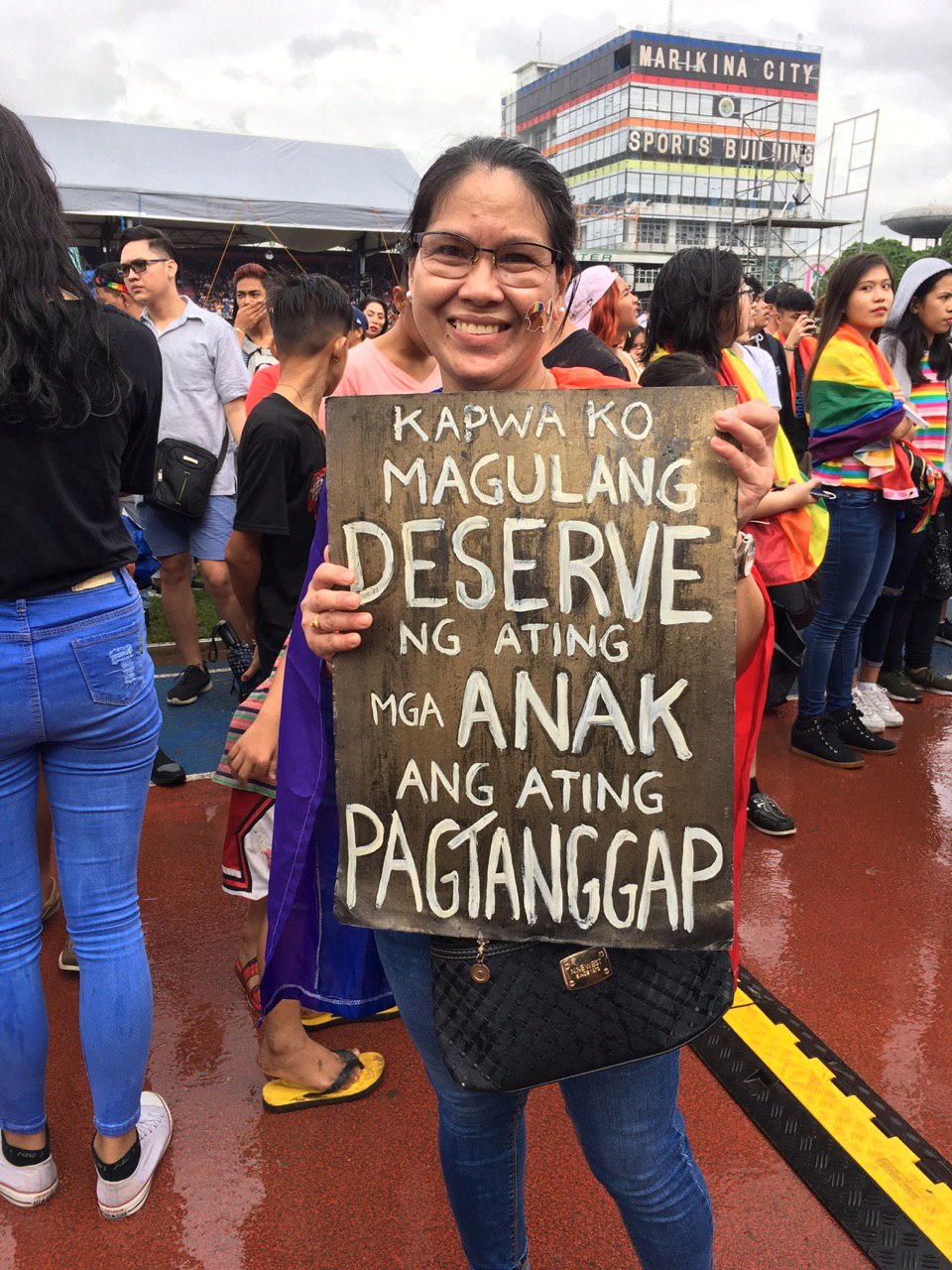
Regina can’t help but be emotional during the event. “It’s hard not to cry when it feels like these young people desperately need someone to tell them it’s okay or that they’ll be okay,” she says.
Read more: For queer couples, holding hands in public is still a privilege
“It breaks my heart that many of them feel like the Pride March is the only time and place where they can be truly themselves, without judgement. It breaks my heart that a stranger can make such an impact. It breaks my heart to think how afraid they must be day in and day out, how exhausting it must be to hide your true self, and how lonely it is to be unable to proclaim your love,” she says. “If our hugs can give them a moment of peace, joy, acceptance, then we’re happy to give all the hugs they need.”
At the end of the day, I wondered if giving out hugs under the rain was tiring. But I need not ask that question as I already know the answer. The beauty of a hug, whether quick or extended, is always reciprocated. It’s a mutual act of giving. In between two bodies caught in an embrace, there is assurance of a warm safe space that no one can ever intrude.
Art by Gabriel Cruz
Correction: This article used “genderqueer” as an umbrella term for the LGBTQ+ community. The mistake has been corrected.


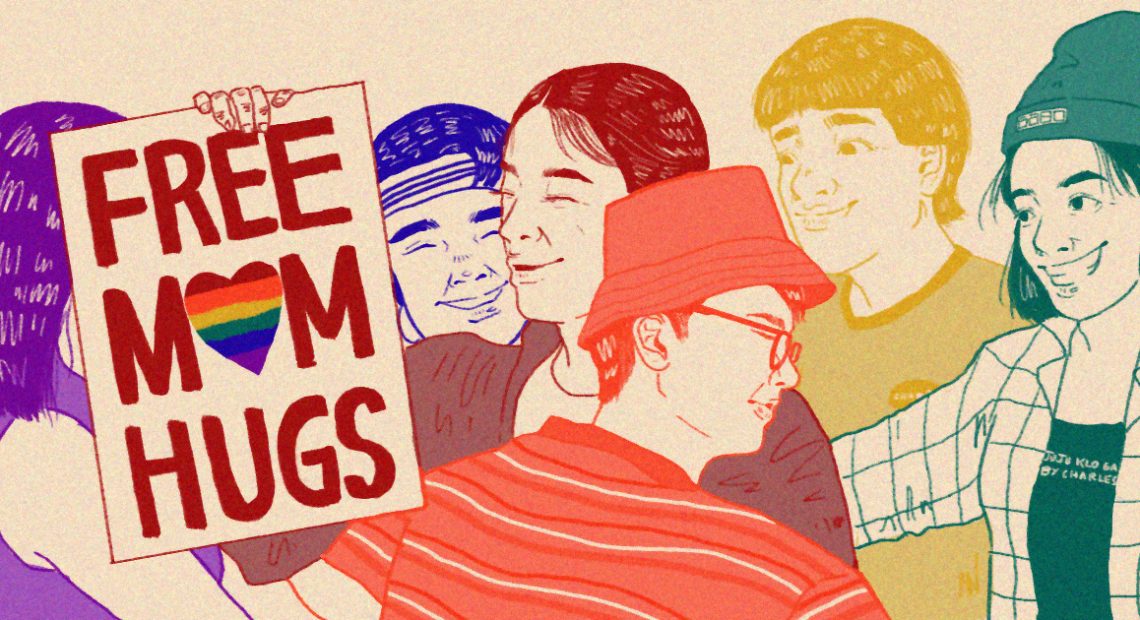













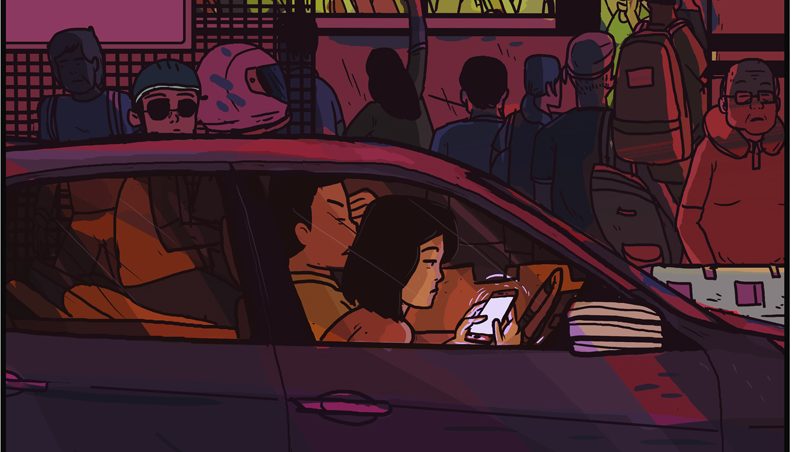
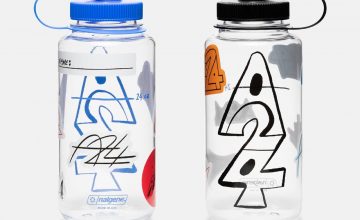
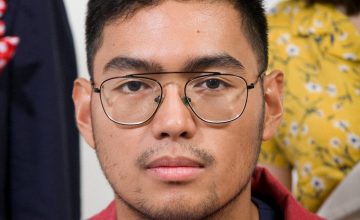






Comments